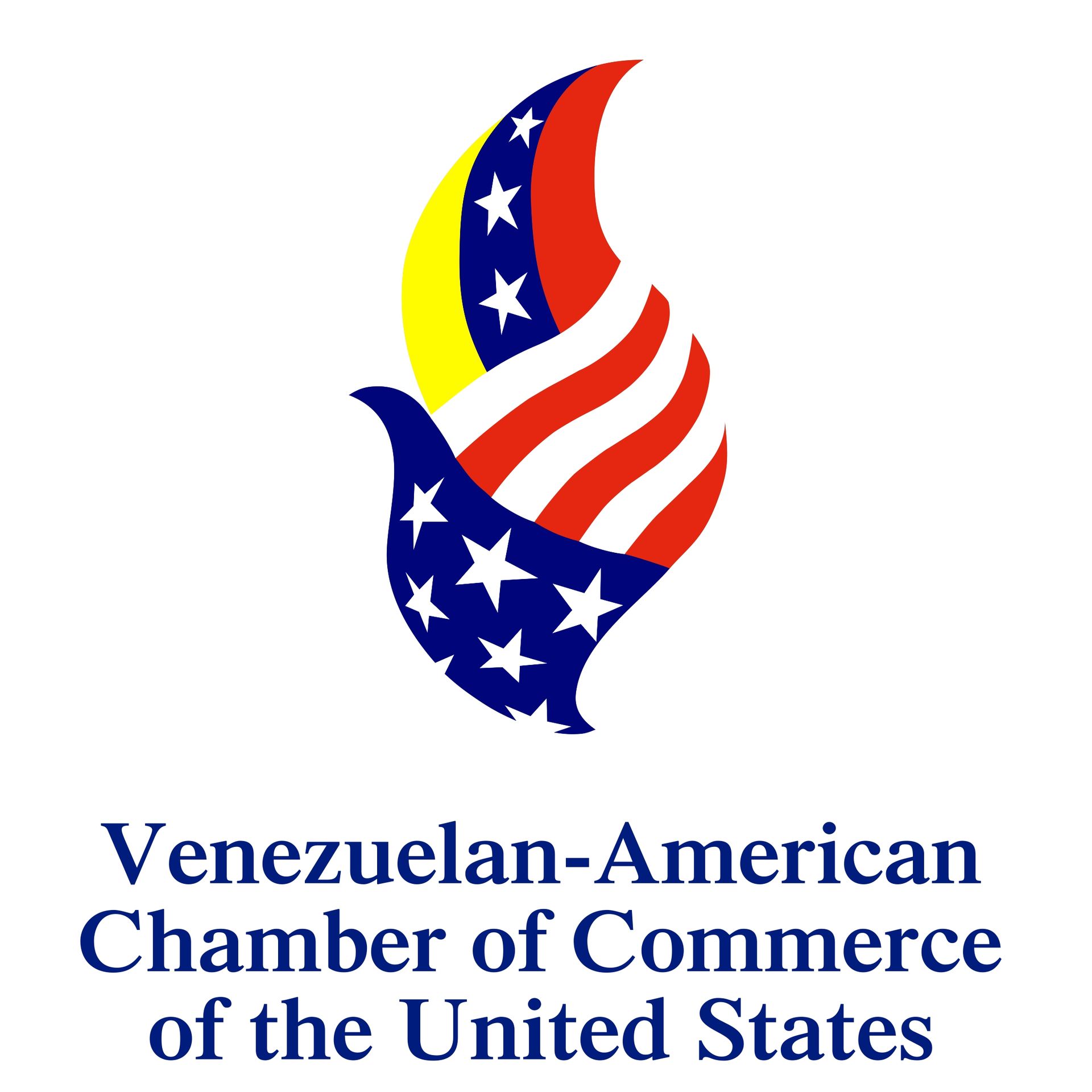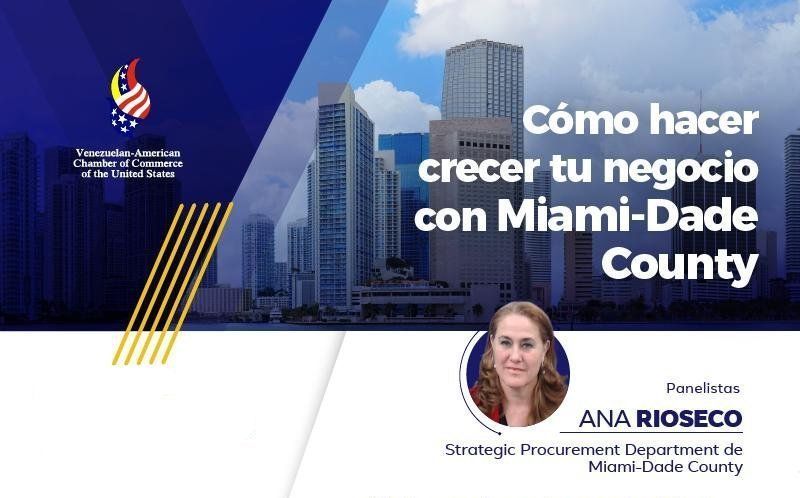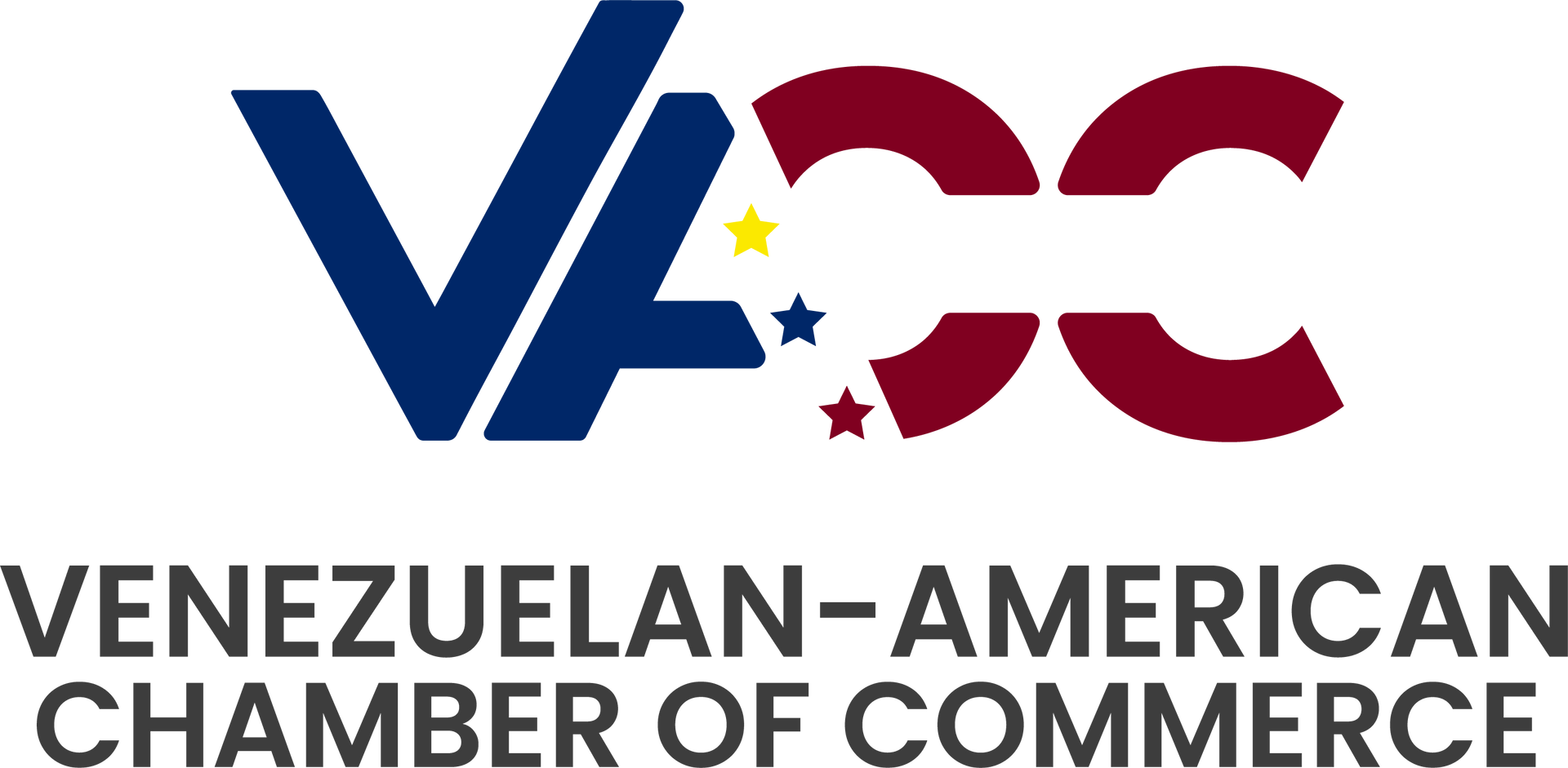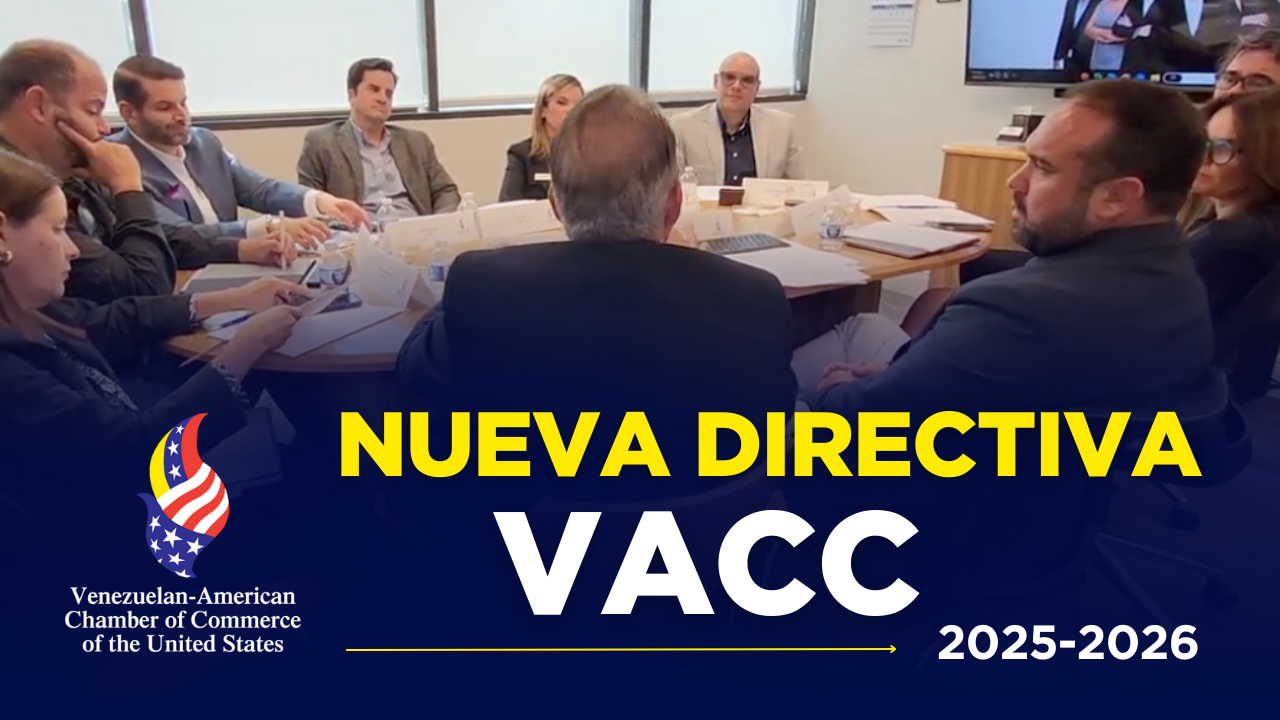¿Sabías que invertir tiene costos?

Adivinen cuál es la pregunta que la mayoría de los clientes rara vez se hacen antes de invertir, bien sea en la bolsa de valores o con cripto activos.
En mis más de 20 años de experiencia en este mundo de inversiones, he visto que casi nadie pregunta ¿Cuánto me va a costar la inversión?, lo cual sonaría sumamente ilógico puesto que antes de comprar cualquier cosa las personas siempre saben cuánto les va a costar y tienen una clara referencia mental para saber si eso es costoso o no, por ejemplo, si vas a un restaurante de comida rápida antes de pedir ves cuánto vale y si estás de acuerdo o no con el precio.
Ahora veamos cuál es una de las preguntas que casi siempre hacen los clientes a sus asesores financieros: Muchos quieren saber es: ¿Cuánto me voy a ganar?, siendo esta la pregunta con mayor margen de error, salvo que el asesor tenga una bola de cristal que funcione muy rara vez o casi nunca te podrá decir cuánto vas a ganar, te podrá dar un rango o un estimado que se podrá cumplir en el largo plazo, pero prácticamente jamás en el corto plazo.
En un estudio realizado por la firma Harris Poll, el 61% de los norteamericanos consultados señalaron que no sabían cuánto pagaban en comisiones por sus inversiones, por lo que a continuación te ayudaremos a entender cuáles son las principales comisiones que tienen tus inversiones, bien sea que inviertas por ti mismo o te estás apoyando con un asesor financiero.
Antes de comenzar debes recordar que en tus inversiones siempre podrás controlar tus costos o lo que pagas, pero no así cuánto vas a ganar siendo esto tan complejo como tratar de predecir exactamente cómo será el pronóstico del tiempo en esta semana. De igual forma te daremos un marco referencial para que puedas conocer si una comisión es alta o baja, y puedas así tomar mejores decisiones financieras, en la medida en que puedas bajar tus costos financieros podrás automáticamente optimizar tu rendimiento y ahorrar dinero.
1.- Comisiones por Corretaje
Al momento de comprar o vender una acción o un instrumento de inversión normalmente se va a generar un ingreso para la institución financiera que te está prestando el servicio la cual puede ser de dos formas:
- Comisión por la transacción de venta o compra: si bien es cierto que hay una tendencia muy favorable en los cuales ya hay muchos brokers o instituciones no están cobrando por hacer esta operación, todavía vemos con sorpresa que algunas empresas siguen cobrando por cada solicitud entre $3 y hasta casi $60. Por cierto, los principales afectados con estas tarifas son los clientes internacionales (no residentes en USA) o aquellos inmigrantes Latinos que no han buscado nuevas opciones al ir a vivir a los Estados Unidos.
- Segundo pago que realizarás, el que corresponde al diferencial entre el precio de compra y venta del activo que estés comprando, para lo cual siempre debes buscar instituciones que te ofrezcan que buscarán para ti las mejores transacciones. Para verlo de una forma más clara, este gasto funciona de la siguiente forma, imagina que fueras a comprar un vehículo usado, usualmente el concesionario, habrá pagado un valor por comprar el automóvil y posteriormente le pondrá un precio mayor para vendértelo a ti, de igual forma ocurre con tus inversiones.
En el mundo de los cripto activos o criptomonedas, según un reciente artículo del Wall Street Journal en plataformas tales como Coinbase o Gemini podrás pagar en total entre 3,99% o 4,5%.
2.- Comisiones de entrada o Front-end Load
Esta es otra de las tarifas más peligrosas de las cuales te debes cuidar muchísimo, por ejemplo, si te dicen que te van a ofrecer un Fondo Mutual tipo A, uno podría decir que maravilla me están ofreciendo una inversión tipo "A" eso debe significar que es mejor que otras, pero no es así más bien en esta categoría de inversiones te van a cobrar por comprarla una comisión que puede ser entre 3% y 6%. Lo cual no tiene ningún sentido que pagues, veámoslo de la siguiente forma: supongamos que existen dos restaurantes de comida rápida, que son exactamente igual y ofrecen el mismo menú, pero en uno de ellos te dicen que antes de entrar debes pagar una comisión y en el otro que está exactamente al lado no tienes que pagar nada, entonces ¿Cuál de ellos preferirías?
Por cierto, hay ciertos productos financieros que no sólo te cobran por entrar, sino que también te van a pedir que les pagues cuando te vas a ir, lo cual regresando a nuestro ejemplo del restaurante sería como si ya pagaste la cuenta y al llegar a la puerta te piden pagar para dejarte salir.
3.- Comisiones de administración del fondo mutual o producto de inversión
Si usted pensaba que por su inversión sólo recibe rendimientos y la institución financiera no le está cobrando nada como si fuera una organización benéfica y está invirtiendo su dinero de gratis, le tenemos malas noticias, por supuesto que le están cobrando y como hemos dicho sí mientras más alta sea la comisión menor va a ser su rendimiento.
Entonces lo fundamental es que siempre vea un porcentaje llamado "Expense Ratio" o "Porcentaje de gasto administrativo" para que pueda primero conocer cuánto le cobran y segundo para entender si es muy costoso o no, le podemos decir que si esa comisión está por encima o cerca del 1%, en líneas generales podemos decir que es está caro.
Recuerde que el mundo de las inversiones no es como el mundo de la moda o de los artículos de lujo, donde si pagas más por ejemplo por una cartera de marca eso puede representar para muchos una señal de estatus o de calidad, pero en tus finanzas personales más bien mientras menos pagas más ganas.
4.- Tarifas por el Asesor de Inversión
Usualmente esta comisión viene expresada como un porcentaje sobre la cantidad de dinero que administra por ti tu asesor de inversión, lo cual es un esquema favorable porque tu asesor va a tener un incentivo para hacer crecer tu patrimonio puesto que sabe que en la medida en que tú ganes más él va a ganar más y de igual forma en aquellos momentos donde la bolsa de valores haya bajado tu consejero financiero ganará menos, lo cual lo motiva a mantener un correcto equilibrio entre riesgo y rendimiento, así como procurar generar relaciones a largo plazo.
Ahora bien, como dijimos en la medida en que la cantidad de dinero sea mayor el porcentaje que te cobran también debería ser menor, por lo que un asesor que sólo te brinde servicios de administración de portafolio y no haga para ti otras labores como planificación o coaching financieros, por un capital de unos $1.000.000 si te estuviera cobrando más de 1,25% o más podríamos decir que es costoso.
Esperamos que esta información te sirva para que en el futuro cada vez que estés analizando una inversión o un asesor financiero, le puedas hacer estas preguntas para que puedas tomar las mejores decisiones para así lograr tu independencia financiera y los sueños que te has propuesto. Y recuerda toda inversión tiene sus comisiones.
Breve Biografía del Autor:
Alonso Rodríguez Segarra
CFP ®, Fundador & CEO Advise Financial
Alonso, reconocido como el primer venezolano en obtener la prestigiosa certificación de "CERTIFIED FINANCIAL PLANNER™" en USA. Comprometido como asesor financiero para latinos, con más de 20 años de experiencia en el mundo de las finanzas, siempre trabajando bajo el criterio fiduciario.
Did you know that investing has costs?

Guess what is the question that most clients rarely ask themselves before investing, either in the stock market or with crypto assets:
In my more than 20 years of experience in this world of investments, I have seen that hardly anyone asks how much the investment is going to cost me?, which would sound extremely illogical since before buying anything people always know how much it is going to cost them. cost and they have a clear mental reference to know if that is expensive or not, for example, if you go to a fast food restaurant before ordering you see how much it costs and if you agree with the price or not.
Now let's see what is one of the questions that clients almost always ask their financial advisors: Many want to know is: How much am I going to earn? This is the question with the greatest margin of error, unless the advisor has a ball of A crystal that works very rarely or almost never will be able to tell you how much you are going to earn, it will be able to give you a range or an estimate that can be met in the long term, but practically never in the short term.
In a study carried out by the firm Harris Poll, 61% of the North Americans consulted indicated that they did not know how much they paid in commissions for their investments, so below we will help you understand what are the main commissions that your investments have, either that you invest by yourself or you are supporting yourself with a financial advisor.
Before starting, you should remember that in your investments you can always control your costs or what you pay, but not how much you are going to earn, this being as complex as trying to predict exactly what the weather forecast will be like this week. In the same way, we will give you a frame of reference so that you can know if a commission is high or low, and thus be able to make better financial decisions, to the extent that you can lower your financial costs, you will be able to automatically optimize your performance and save money.
1.- Brokerage Commissions
When buying or selling a share or an investment instrument, income will normally be generated for the financial institution that is providing the service, which can be in two ways:
- Commission for the sale or purchase transaction: although it is true that there is a very favorable trend in which there are already many brokers or institutions that are not charging for doing this operation, we still see with surprise that some companies continue to charge for each request between $3 and up to almost $60. By the way, the main affected by these rates are international clients (non-residents in the USA) or those Latino immigrants who have not looked for new options when going to live in the United States.
- Second payment that you will make, which corresponds to the difference between the purchase and sale price of the asset you are buying, for which you should always look for institutions that offer you the best transactions for you. To see it in a clearer way, this expense works as follows: imagine that you were going to buy a used vehicle, usually the dealer, will have paid a value to buy the car and later will put a higher price on it to sell it to you, in the same way way happens with your investments.
In the world of crypto assets or cryptocurrencies, according to a recent article in the Wall Street Journal on platforms such as Coinbase or Gemini, you can pay between 3.99% and 4.5% in total.
2.- Entry commissions or Front-end Load
This is another of the most dangerous rates of which you should be very careful, for example, if they tell you that they are going to offer you a Type A Mutual Fund, one could say how wonderful they are offering me a type "A" investment, that must mean which is better than others, but it is not like that, rather in this category of investments they will charge you a commission that can be between 3% and 6% for buying it. Which does not make any sense that you pay, let's see it in the following way: suppose there are two fast food restaurants, which are exactly the same and offer the same menu, but in one of them they tell you that before entering you must pay a commission and in the other one that is exactly next to it you don't have to pay anything, so which one would you prefer?
By the way, there are certain financial products that not only charge you to enter, but will also ask you to pay them when you leave, which, going back to our example of the restaurant, would be as if you had already paid the bill and when you got to the door they ask you to pay to let you out.
3.- Administration commissions of the mutual fund or investment product
If you thought that for your investment you only receive returns and the financial institution is not charging you anything as if it were a charity and is investing your money for free, we have bad news for you, of course they are charging you and as we have said yes while The higher the commission, the lower your return will be.
So the fundamental thing is that you always see a percentage called "Expense Ratio" or "Percentage of administrative expense" so that you can first know how much they charge you and second to understand if it is very expensive or not, we can tell you that if that commission is above or about 1%, in general we can say that it is expensive.
Remember that the world of investments is not like the world of fashion or luxury goods, where if you pay more, for example, for a brand portfolio, that can represent for many a sign of status or quality, but in your finances rather, the less you pay, the more you earn.
4.- Fees for the Investment Advisor
Usually this commission is expressed as a percentage of the amount of money that your investment advisor manages for you, which is a favorable scheme because your advisor will have an incentive to grow your assets since he knows that to the extent that you earn more he will earn more and in the same way in those moments when the stock market has fallen your financial advisor will earn less, which motivates him to maintain a correct balance between risk and return, as well as to try to generate long-term relationships.
Now, as we said, to the extent that the amount of money is greater, the percentage that you are charged should also be less, so an advisor who only provides you with portfolio management services and does not do other tasks for you such as planning or financial coaching, for a capital of about $1,000,000 if it were charging you more than 1.25% or more we could say that it is expensive.
We hope that this information will help you so that in the future, every time you are analyzing an investment or a financial advisor, you can ask them these questions so that you can make the best decisions to achieve your financial independence and the dreams that you have set for yourself. And remember every investment has its commissions.
Brief Biography of the Author:
Alonso Rodríguez Segarra
CFP ®, Founder & CEO Advise Financial
Alonso, recognized as the first Venezuelan to obtain the prestigious certification of "CERTIFIED FINANCIAL PLANNER ™" in the USA. Committed as a financial advisor for Latinos, with more than 20 years of experience in the world of finance, always working under fiduciary criteria













